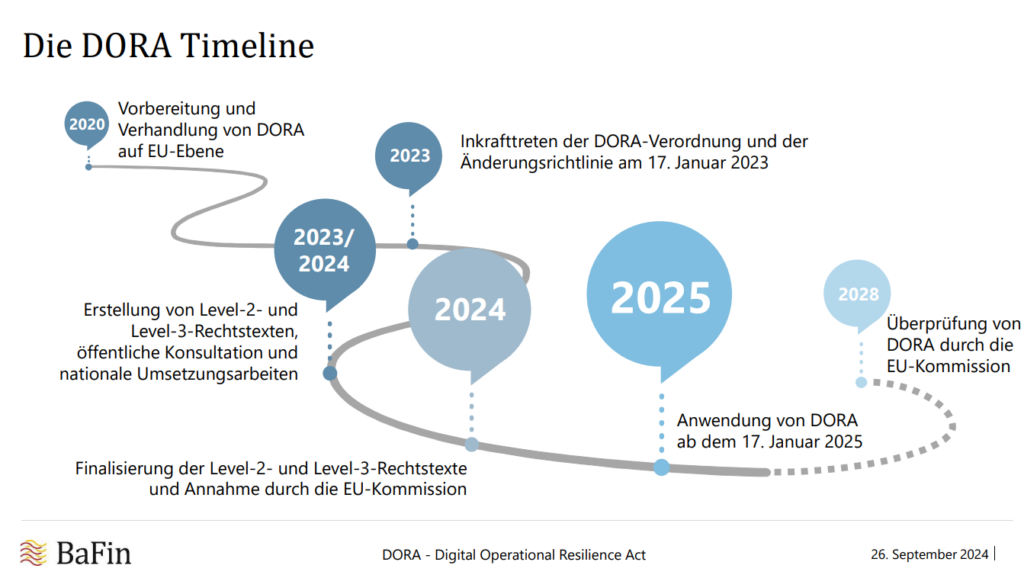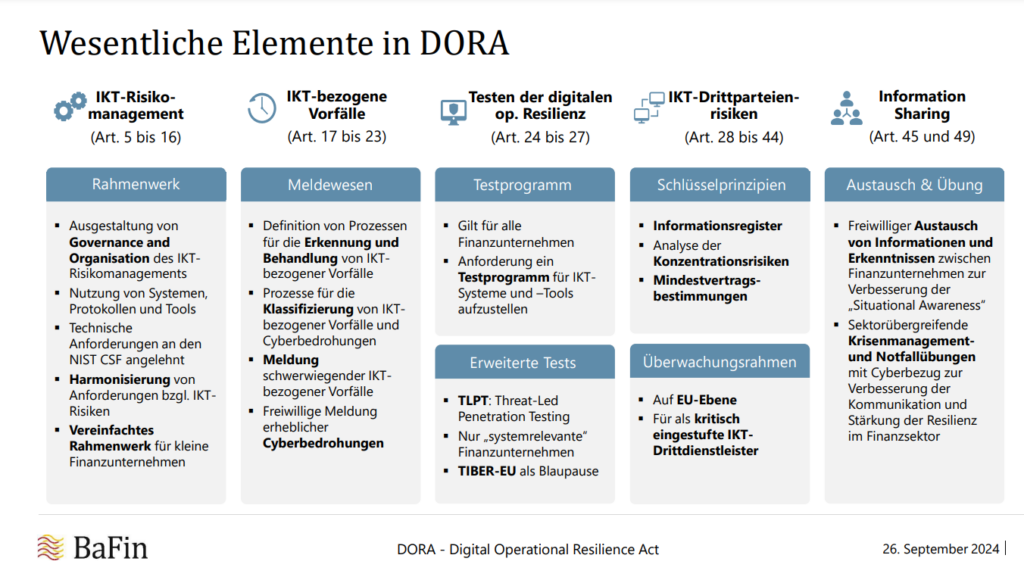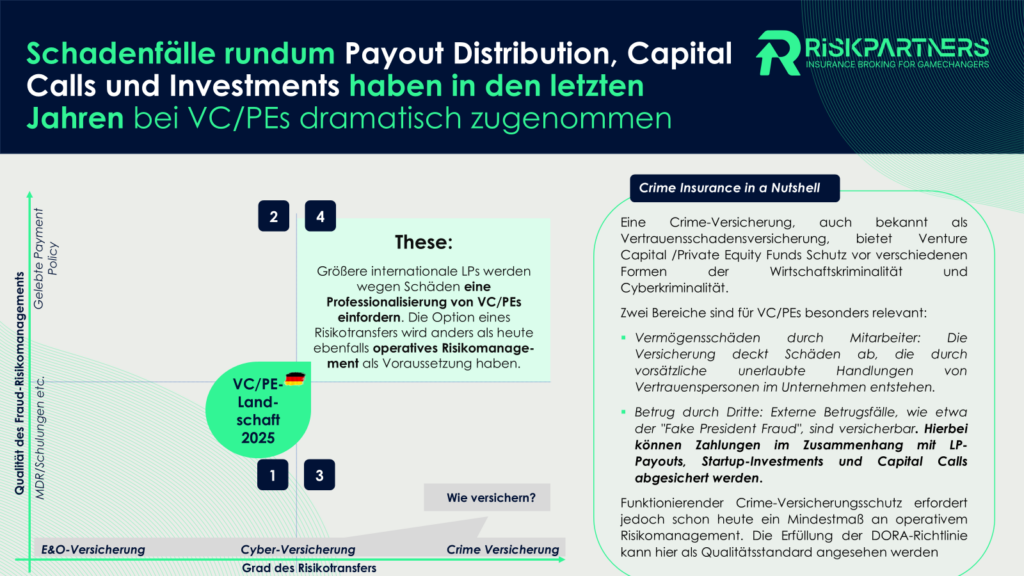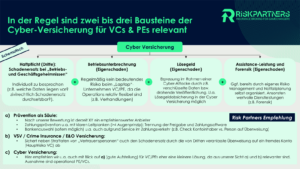
Finance Day 2023
Wachstumskapital für Biotechnologie: Gestern, Heute, Morgen! Vor ein paar Tagen waren Jutta Zaglauer und Florian Eckstein aus unserem Team auf dem Finance Day 2023 anlässlich des 25-jährigen Jubiläums Biotechnologie im IZB – Innovation and Startup Center for Biotechnology. Das Event bot einen spannenden Austausch und Einblicke in aktuelle Finanzierungs- und Kapitalmarktfragen von Biotechnologie-Unternehmen. Als erfahrener Spezialversicherungsmakler für die Bereiche Life Sciences, Venture Capital und IPOs, waren gleich alle drei Eckpunkte unseres „magischen Expertise-Dreiecks“ Teil der spannenden Agenda. Interessant war es auch die Bedeutung maßgeschneiderter







